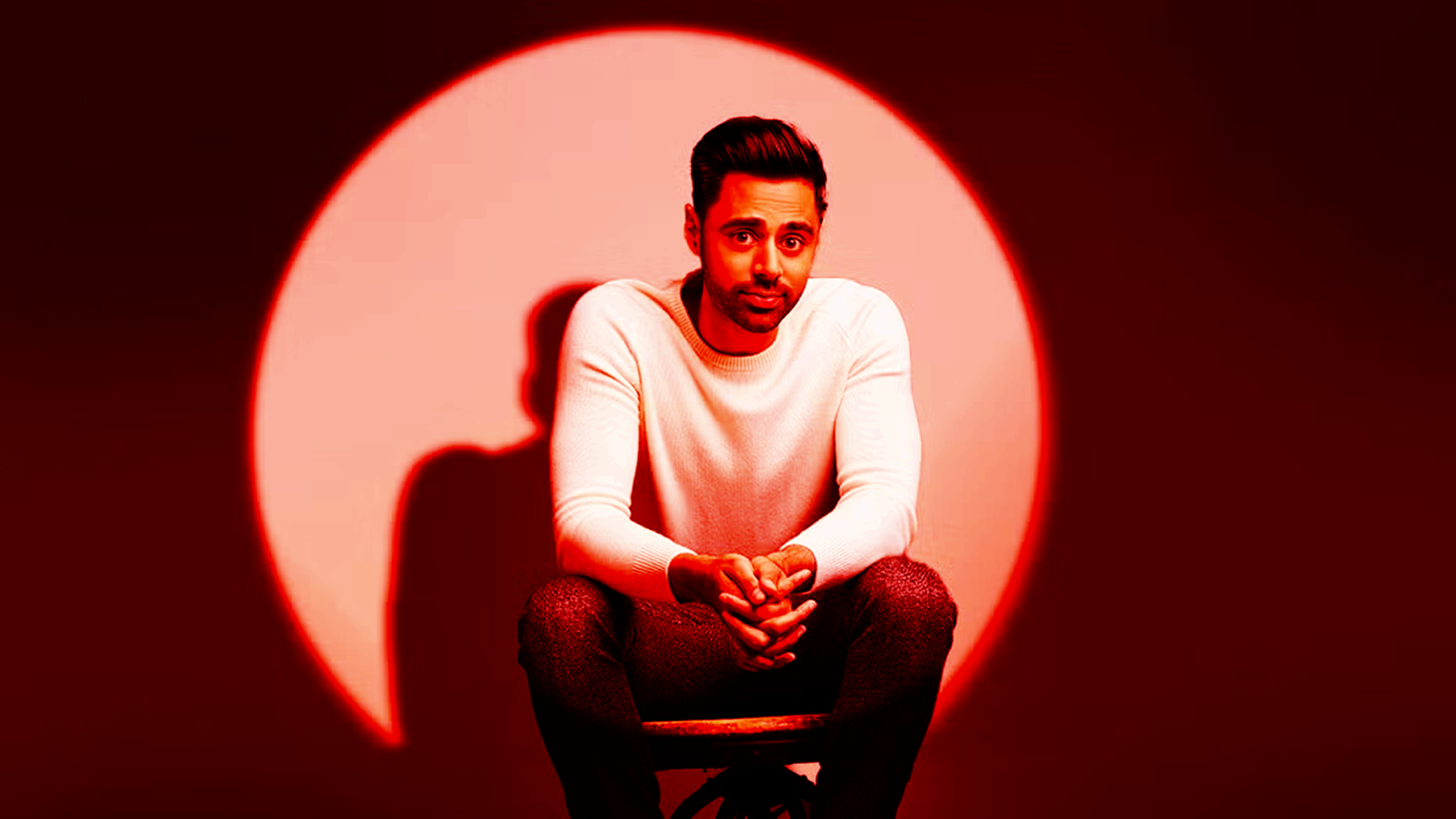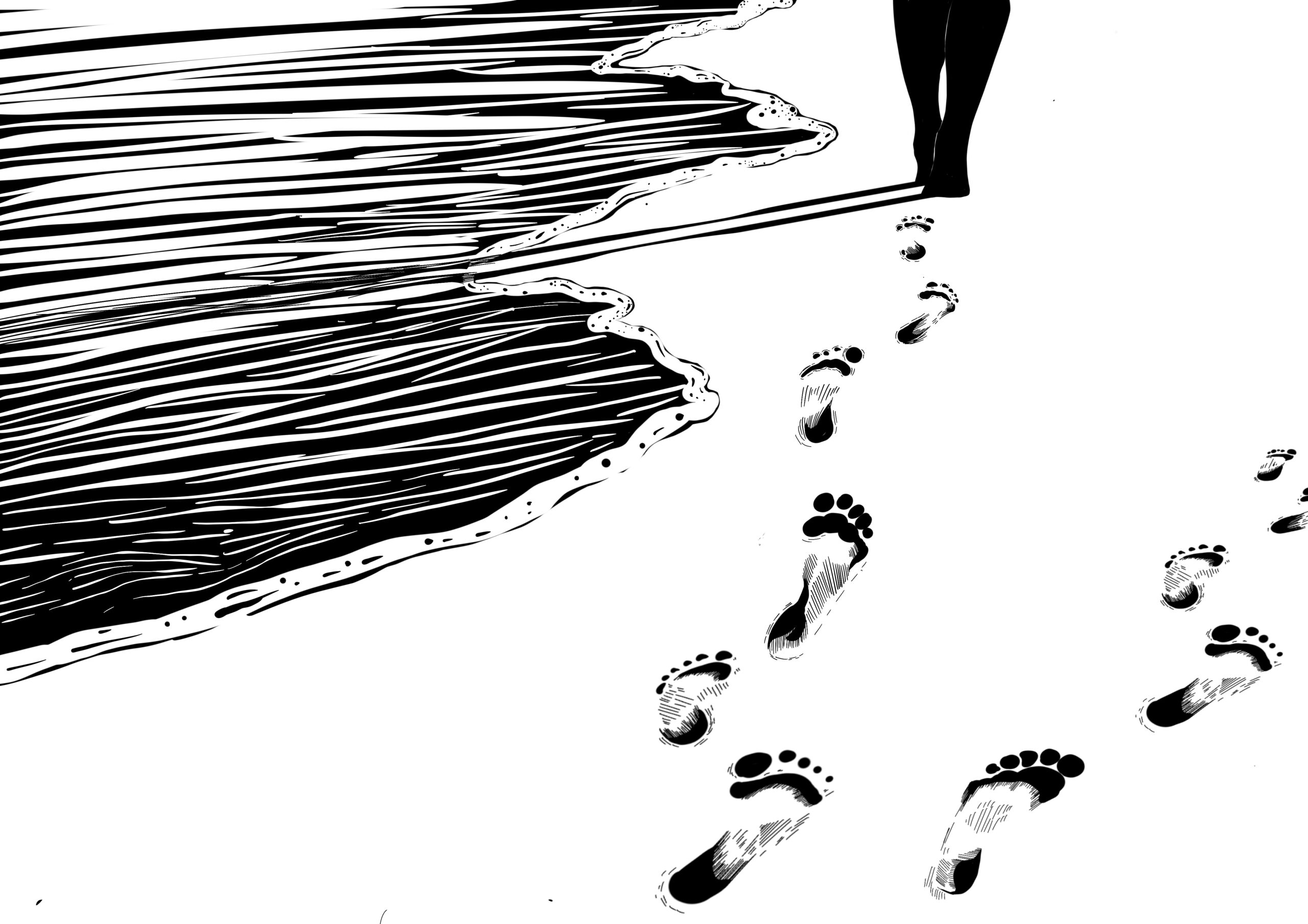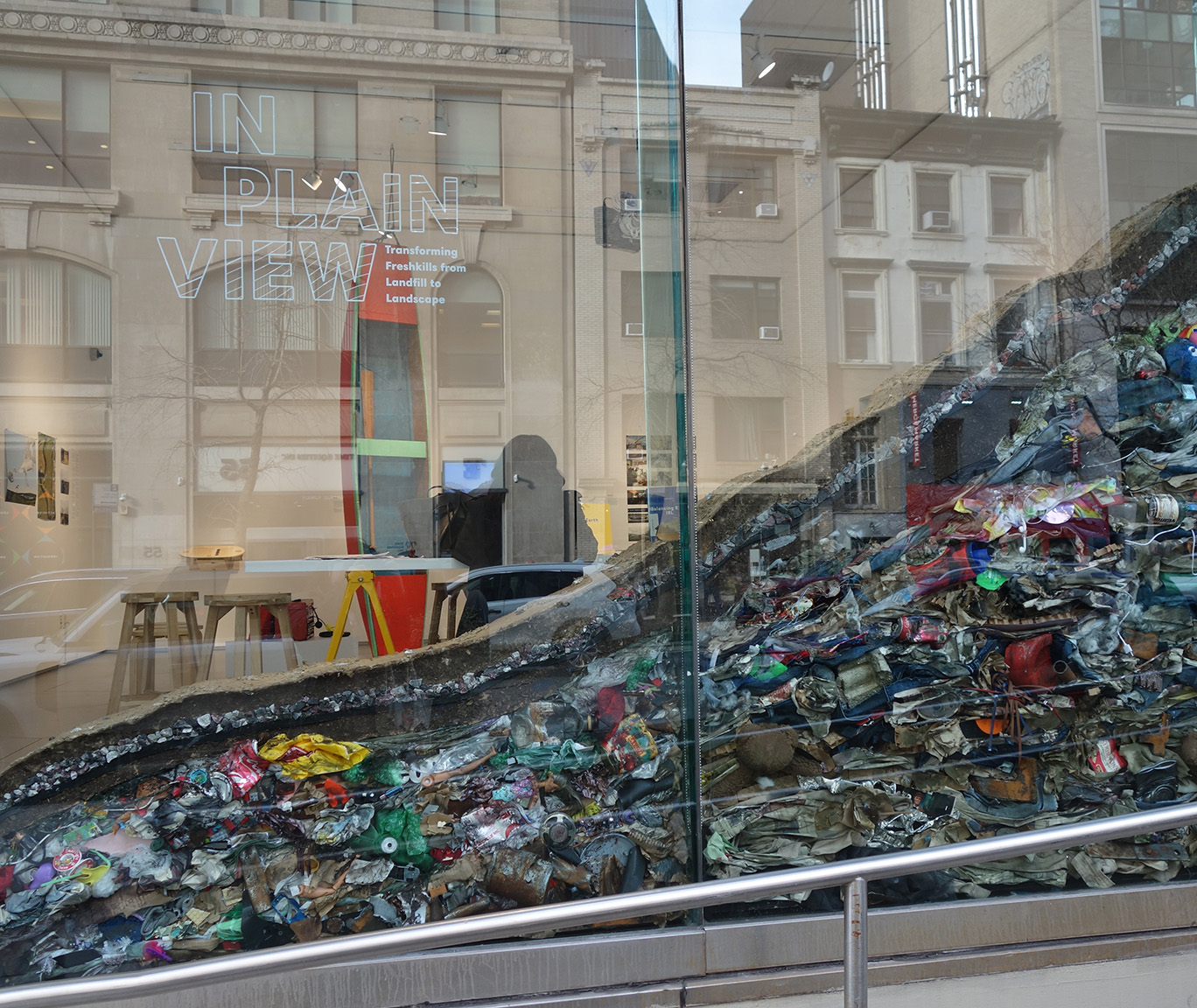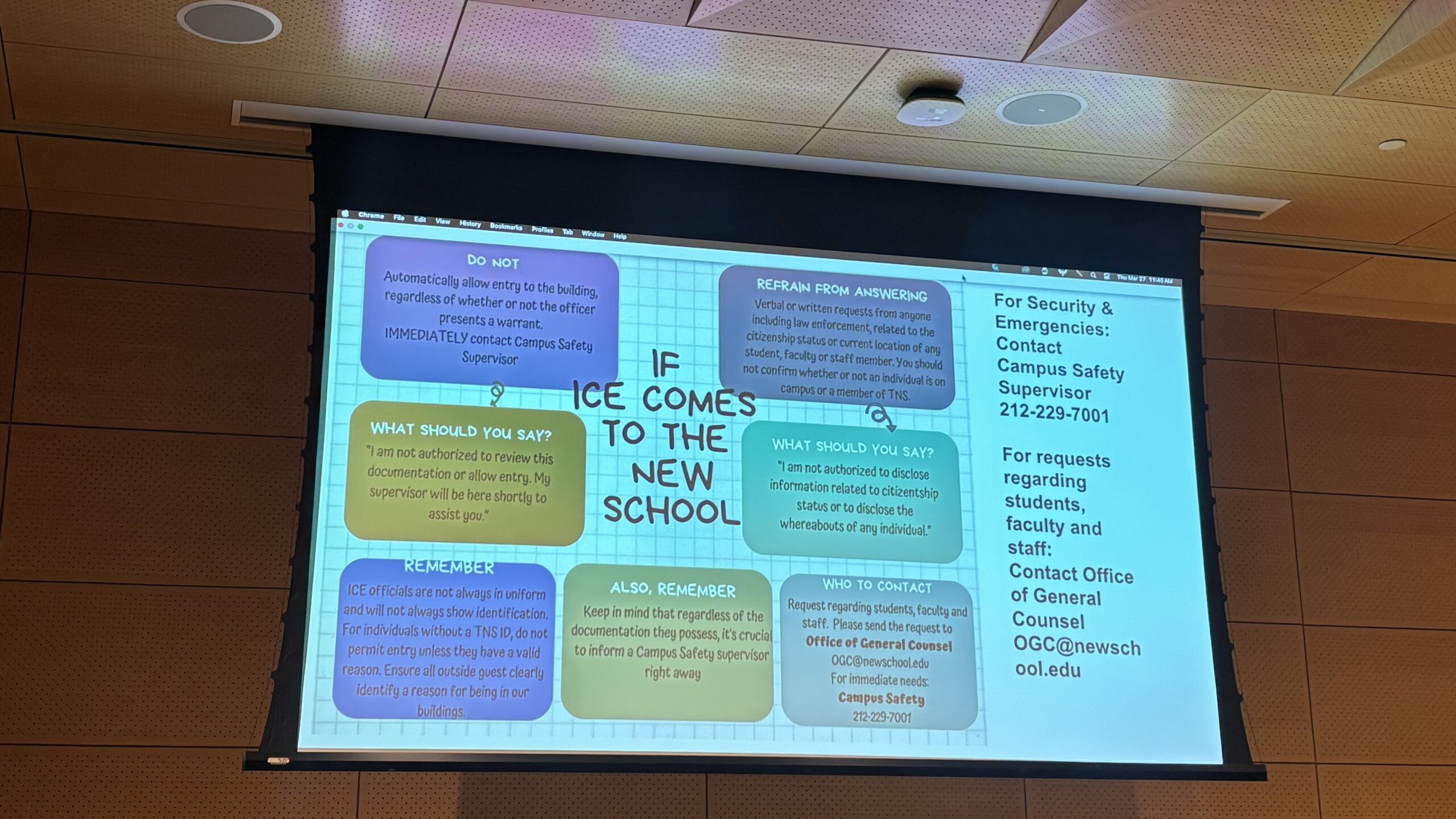In Indian-American comedian Hasan Minhaj’s 2022 Netflix stand-up special, “The King’s Jester,” he tells a tale from 2002 of an FBI informant who infiltrated a Sacramento-area mosque. The informant pretended to be a convert to Islam to gather intel from him and other Muslims about jihad. Jokingly, Minhaj told the FBI informant he wanted to get his pilot’s license. Soon enough, the police arrived to slam him against the hood of a car. “Well, well, well, Papa, look who it is… It’s our good friend, Brother Eric,” Minhaj says to his father after seeing the agent on the news many years later. This entire story was a lie.
On Sept. 15, The New Yorker exposed the comedian for exaggerating and creating false stories regarding discrimination towards the brown community for laughs. Many South Asians saw him as a key figure for brown representation, as he spoke about issues pertaining to the community and openly discussed the discomfort he felt as a Muslim man from an Indian family living in post-9/11 America. Knowing that he wasn’t just embellishing but also fabricating material feels like he’s been using our hardships to make his way to the top. While I haven’t lived in the US for years, I have experienced the anxiety of moving to a place where many Americans may believe I do not belong. As a Muslim girl from Pakistan, I found it comforting knowing that people from our community can find so much success and be so well-received in this country. Just recently, I asked an American couple in the Subway station about the N train and the wife whispered to her husband “Don’t respond to her”. These are minor aggressions, but they sting all the same. So, when Minhaj openly speaks about his discomfort, it’s comforting only because he understands. His lies, however, give an eerie sense that he is profiting off of other people’s pain.
In the same segment, Minhaj discussed threatening tweets that were sent to him after his bit from his Netflix series “The Patriot Act,” including a letter that was filled with a white substance. He claimed that the contents accidentally spilled onto his young daughter, who was rushed to the hospital as it seemed to be anthrax powder. This was also a lie. According to The New Yorker, Minhaj stated, “The emotional truth is first. The factual truth is secondary.” But is he in any position to talk about truth?
Ajuni Chawla, a senior and Contemporary Music major at Lang, comes from a Punjabi family and was a fan of Minhaj’s material. She even attended “The King’s Jester” show at Radio City Music Hall. “I thought it was so cool to see a brown person represented…execute everything so well on his show,” Chawla said. “The experience there [at “The King’s Jester” show] was amazing. So, when I heard the news about Hasan Minhaj, I was really surprised … I was really sad and shocked.”
It’s safe to assume that all comedians stretch their stories a little bit, but it depends on the topic that you’re making jokes about. It’s one thing to make up something trivial, like a random hilarious moment that took place on a bad date. Even Jerry Seinfeld has said all his comedy is made up, including his opinions. But to completely falsify incidents relating to racism and violence towards a community for entertainment is disturbing, even if they are common experiences for South Asians in the U.S.
“I don’t think people [comics] make-up that many stories. I do think they ornament them, like bedazzle these stories to make them a little extra funny, and I think that’s very normal… However, I think making up an entire story and creating this identity over suffering and racism in the Brown community and being attacked for being a Muslim…and creating his entire brand over who Hasan Minhaj is and how he represents the Brown community is wrong,” Chawla explained.
Minhaj has left the internet divided over his creative decisions. Many South Asians are torn between whether they think lying decreases his credibility, or it shows how difficult it is for a brown man to break into white-dominated spaces. The latter is an unsuccessful attempt to justify his strategy of playing the brown victim for views. While it could be difficult for the comedian because his audience does expect him to discuss relatable brown issues, it’s unprincipled to lie about traumatic situations for laughs.
He’s capitalizing on the pain people from the diaspora and subcontinent go through by using it as material for his shows. He paints himself as a brave and an unfairly treated man because of everything “he” has been through. Minhaj is not doing anything unheard of in the comedy world, but he is crossing a grave ethical line.








Leave a Reply